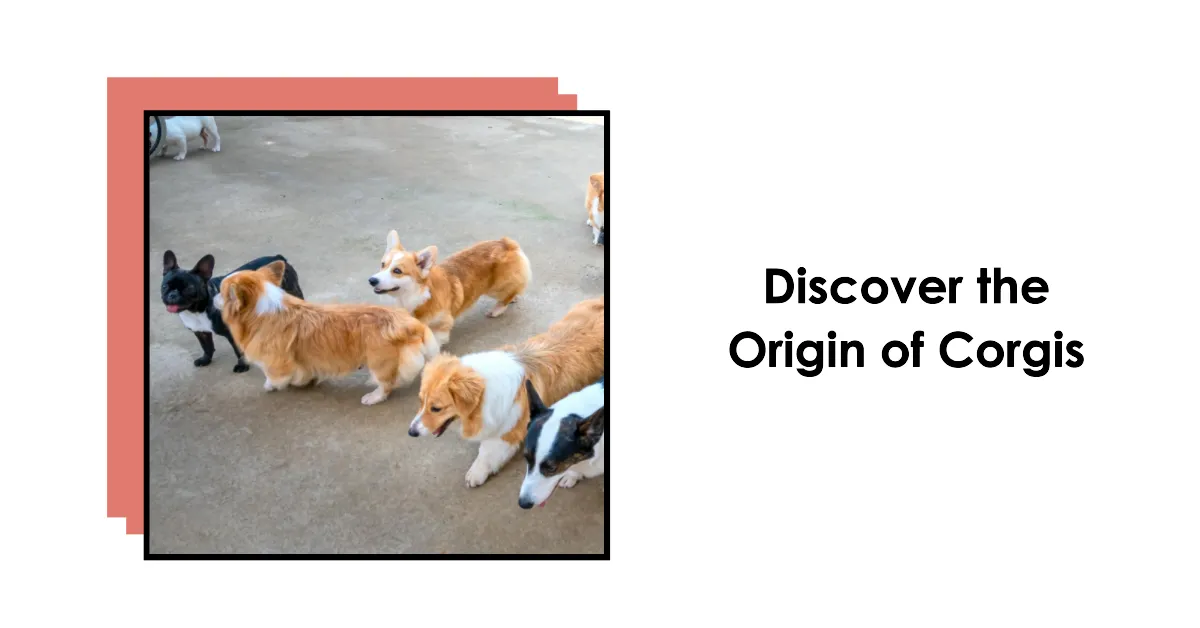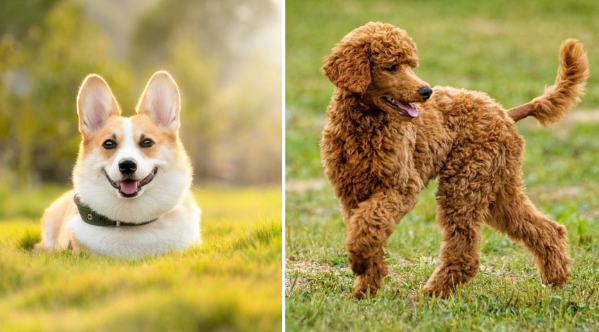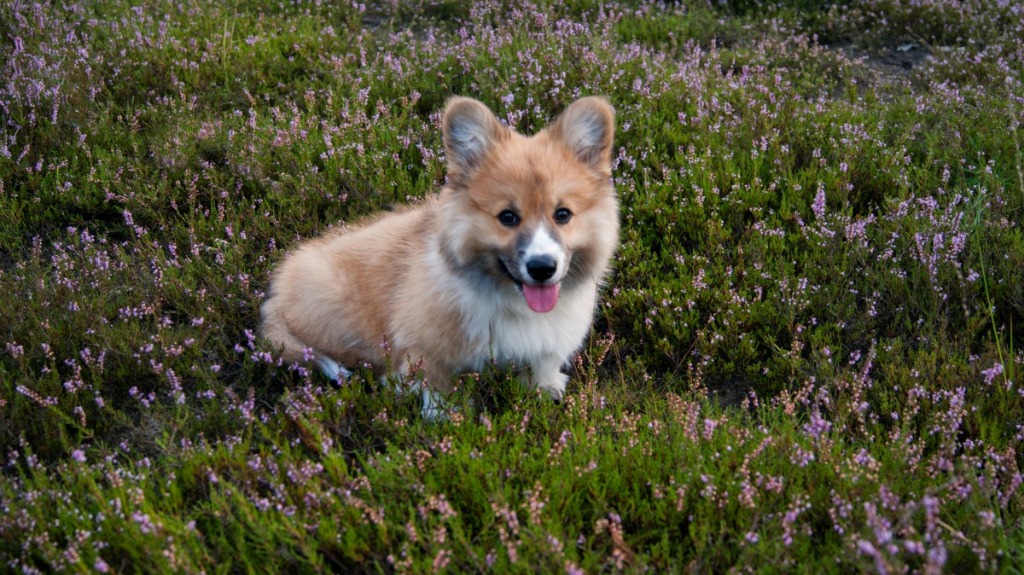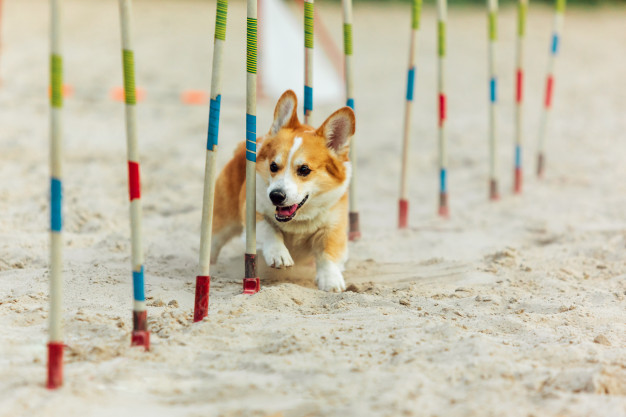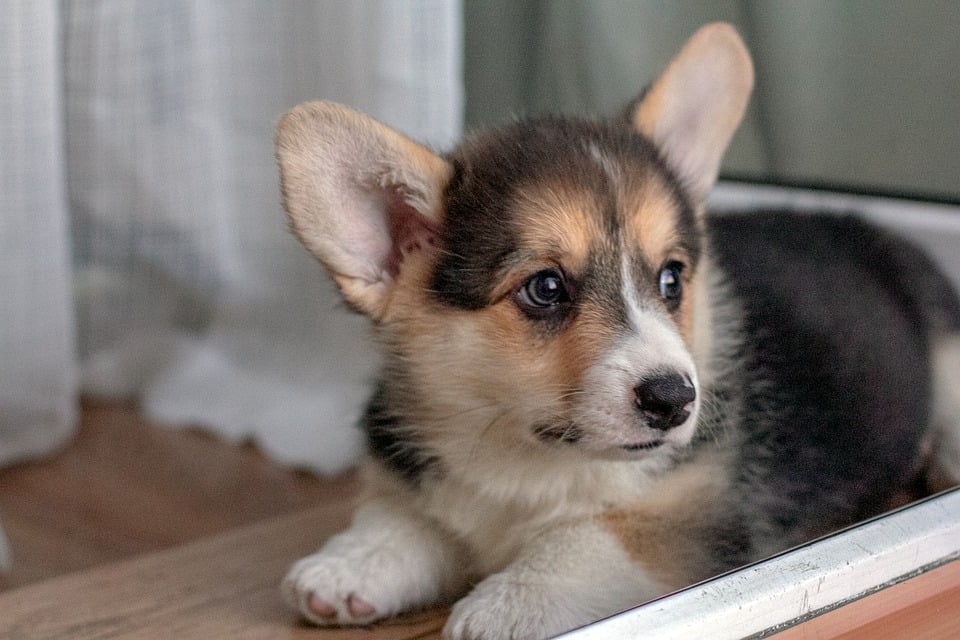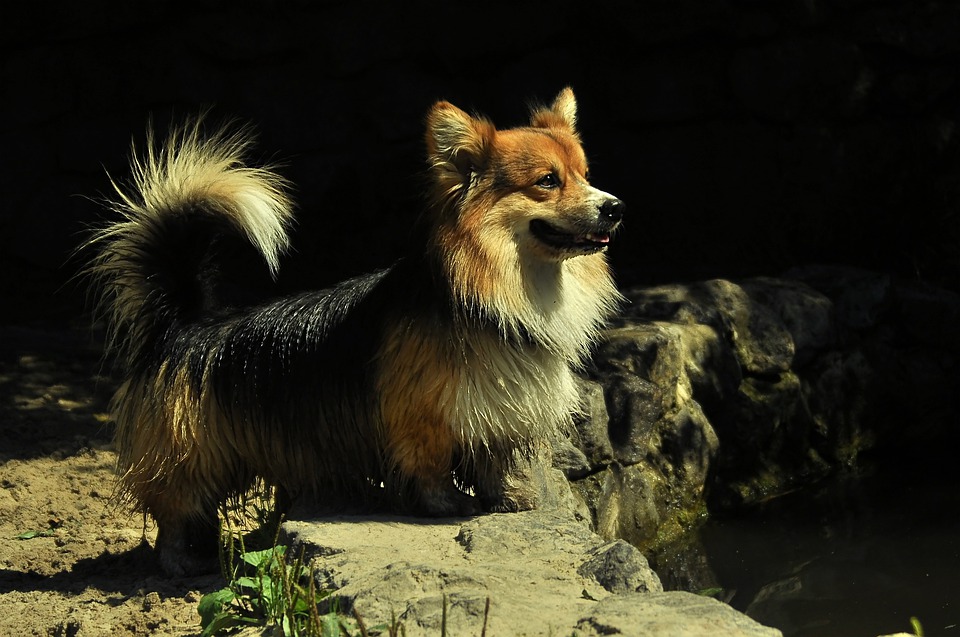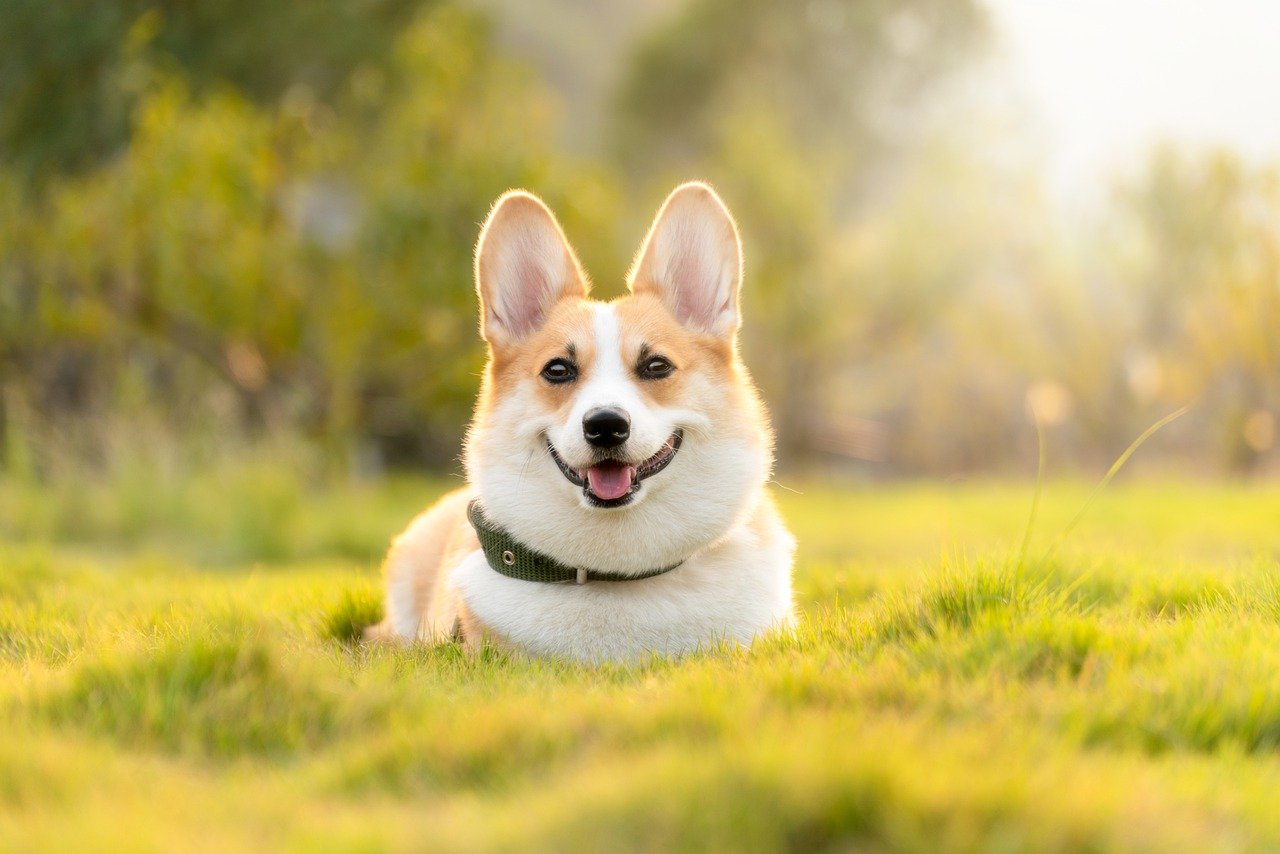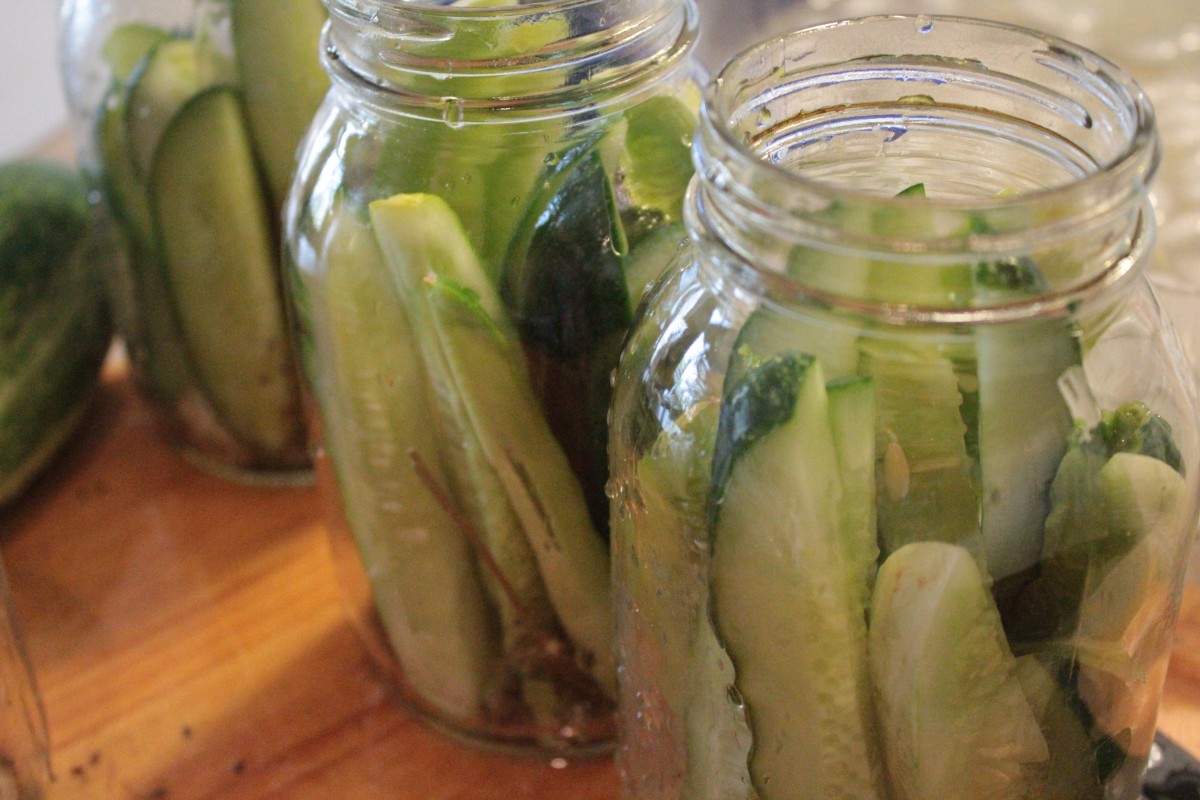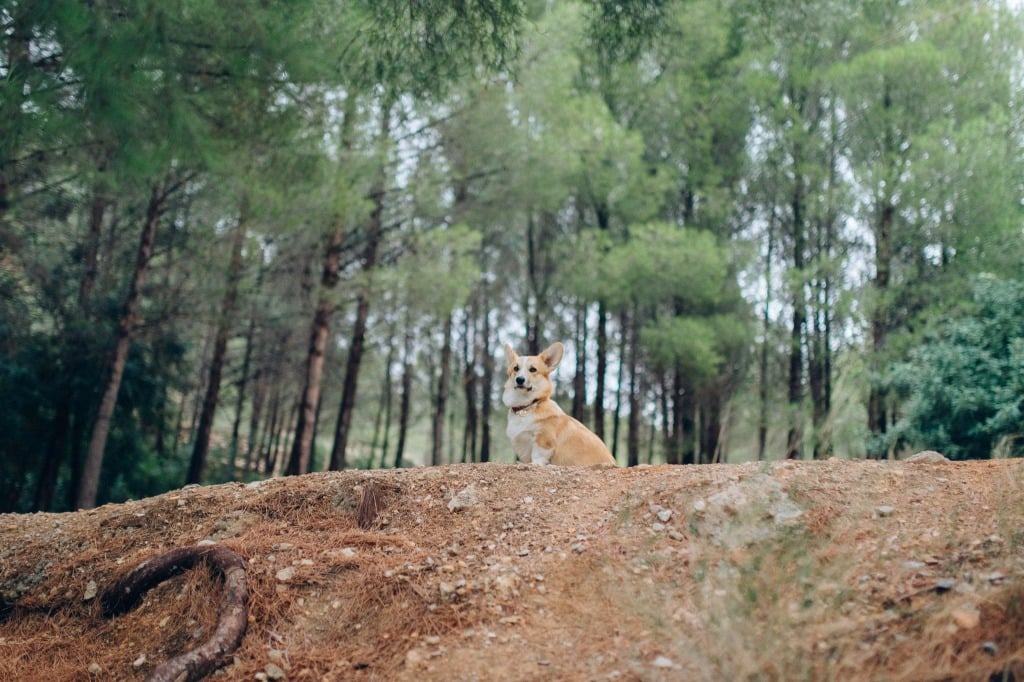Averting Separation Anxiety Through Effective Corgi Socialization
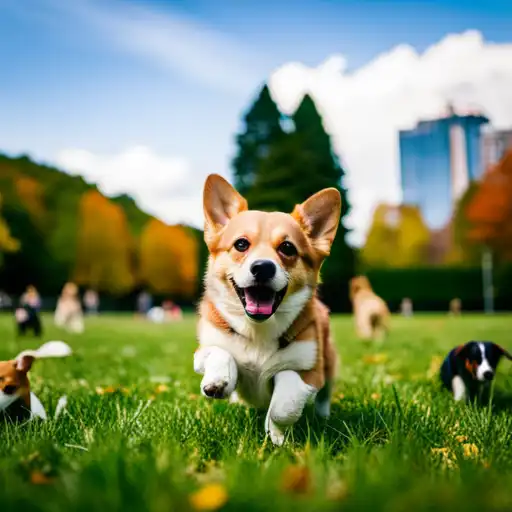
Are you worried about leaving your beloved corgi alone at home and coming back to find chewed up furniture and distressed behavior? Don't fret! Averting separation anxiety through effective corgi socialization is the key to ensuring your furry friend feels safe and secure even when you're not around.
By taking the time to properly introduce your corgi to new people, places, and experiences, you can help them develop the confidence and independence they need to handle being alone. Through positive reinforcement training techniques and gradual desensitization, you can build trust and alleviate separation anxiety.
In this guide, we'll explore the importance of early socialization, provide tips for enrichment activities to keep your corgi mentally stimulated, and offer advice on seeking professional help if needed.
Get ready to create a happy and well-adjusted corgi companion!
Understanding Corgi Separation Anxiety
To prevent separation anxiety in your Corgi, it's crucial to familiarize them with being apart from you from a young age. Separation anxiety triggers can include sudden changes in routine, being left alone for long periods, or even traumatic experiences.
Recognizing the signs of separation anxiety is essential in addressing the issue early on. Your Corgi may exhibit behaviors such as excessive barking, destructive chewing, or going to the bathroom indoors when left alone. These signs indicate distress and shouldn't be ignored.
Start by gradually increasing the time your Corgi spends alone, starting with short intervals and gradually building up. Provide engaging toys or puzzles to keep them occupied and create a positive association with being alone.
Importance of Early Socialization
To ensure a well-adjusted and confident Corgi, it's crucial to focus on the importance of early socialization. Early socialization sets the foundation for a happy and well-behaved companion. Here are some key points to consider:
- Socialization techniques for shy corgis: Gentle exposure to new people, places, and experiences can help shy corgis build confidence. Gradually introduce them to different environments and reward positive behavior.
- The role of playdates in corgi socialization: Playdates provide valuable opportunities for your corgi to interact with other dogs in a controlled and safe environment. It helps them learn appropriate social cues and develop good manners.
- Positive reinforcement: Use treats, praise, and rewards to reinforce desired behaviors during socialization sessions. This will help your corgi associate positive experiences with new situations.
- Consistency and patience: Socialization is an ongoing process that requires time and effort. Be patient with your corgi and stay consistent in providing positive experiences and exposure to new things.
- Professional guidance: Consider enrolling your corgi in a puppy socialization class or seeking guidance from a professional dog trainer. They can provide valuable insights and help you navigate the socialization process effectively.
Building Trust and Confidence
Now that you understand the importance of early socialization for your Corgi, it's time to focus on building trust and confidence.
This is crucial for ensuring your furry friend feels secure and comfortable when you're not around. By using positive reinforcement techniques, such as rewarding good behavior and providing a safe and nurturing environment, you can help your Corgi develop trust in you and their surroundings.
This will ultimately prevent separation anxiety and promote a happy and well-adjusted Corgi.
Early Socialization Is Key
Have you ever wondered how to build trust and confidence in your Corgi through early socialization? Early socialization is key to ensuring your Corgi grows up to be a well-adjusted and confident dog. By exposing your Corgi to a variety of people, animals, and environments at a young age, you can help them develop trust and confidence in the world around them.
Here are five socialization techniques that can help you achieve this:
- Introduce your Corgi to different types of people, including children, adults, and seniors.
- Expose your Corgi to various environments such as parks, busy streets, and crowded places.
- Allow your Corgi to interact with other friendly dogs to learn proper social skills.
- Provide positive experiences with different animals, such as cats, rabbits, or birds.
- Gradually expose your Corgi to different sounds, sights, and smells to build their confidence.
Positive Reinforcement Techniques
One effective way to build trust and confidence in your Corgi is by using positive reinforcement techniques. These techniques involve rewarding and reinforcing behaviors that you want to see more of in your furry friend. When your Corgi displays a desirable behavior, such as obeying a command or exhibiting calmness, immediately reward them with praise, treats, or physical affection. This positive reinforcement helps your Corgi understand that their actions are appreciated and encourages them to repeat those behaviors in the future.
One popular tool for positive reinforcement is clicker training. This involves using a small handheld device that makes a clicking sound when pressed. The clicker is paired with treats, so when your Corgi performs a desired behavior, you click the device and then give them a treat. This association between the click and the reward helps your Corgi understand exactly what they did right, making it easier for them to learn and remember commands.
Positive Reinforcement Training Techniques
Now it's time to explore the benefits of positive reinforcement training techniques for your beloved Corgi. By using rewards such as treats, praise, and play, you can effectively motivate your furry friend to learn and obey commands.
This approach not only helps to strengthen the bond between you and your Corgi but also builds trust and confidence in their abilities.
Reward-Based Training Benefits
To effectively train your corgi and prevent separation anxiety, harness the power of positive reinforcement techniques by using rewards. Reward-based training methods have been proven to be highly effective in shaping desired behaviors in dogs.
Here are five benefits of using positive reinforcement techniques:
- Builds a strong bond: By rewarding your corgi with treats, praise, or playtime, you establish a positive connection and strengthen your relationship.
- Encourages willingness to learn: When your corgi associates training with positive experiences, they become more motivated and eager to participate in learning sessions.
- Reduces anxiety and fear: Positive reinforcement helps create a safe and secure environment for your corgi, reducing anxiety and fear associated with training.
- Increases confidence: Consistently rewarding your corgi for their achievements boosts their confidence and encourages them to try new things.
- Improves long-term behavior: Positive reinforcement techniques focus on reinforcing desired behaviors rather than punishing unwanted ones, leading to long-lasting positive changes in your corgi's behavior.
Building Trust and Confidence
Build trust and confidence in your corgi through positive reinforcement training techniques. One effective way to do this is by building independence in your furry friend. Encourage your corgi to explore their surroundings and try new things. Allow them to make choices and provide positive reinforcement when they exhibit independent behavior. This will help them gain confidence in their abilities and reduce anxiety when faced with new situations.
Creating a safe environment is crucial in building trust. Ensure that your corgi has a designated space where they feel secure and comfortable. Provide plenty of toys, a cozy bed, and a quiet retreat for them to relax.
Gradual Desensitization to Alone Time
To help your corgi gradually adjust to being alone, start by introducing short periods of alone time while providing comfort and reassurance. This process, known as gradual desensitization, can help your furry friend become more comfortable with being by themselves. Here are some tips to make the process easier and safer for your corgi:
- Start with short intervals of alone time, gradually increasing the duration over time.
- Create a safe and comfortable space for your corgi to be alone, such as a designated area with their bed or favorite toys.
- Use positive reinforcement, such as treats or praise, to reward your corgi for calm behavior during alone time.
- Practice leaving and returning multiple times throughout the day to help your corgi understand that you'll always come back.
- Establish a consistent routine for your corgi, including regular feeding, exercise, and alone time, to create a sense of security.
Enrichment Activities for Mental Stimulation
Engage your corgi in stimulating activities to keep their mind active and prevent separation anxiety. Enrichment activities for puppies are crucial for their mental stimulation and overall well-being. These activities provide an outlet for their natural instincts and help prevent boredom, which can lead to destructive behaviors.
There are various mental stimulation techniques for dogs that you can incorporate into your corgi's daily routine. Puzzle toys are a great way to challenge their problem-solving skills and keep them entertained. Hide treats around the house or use interactive feeders to engage their sense of smell and encourage them to use their brain.
Training sessions not only provide mental stimulation but also strengthen the bond between you and your corgi. Remember to choose activities that are safe and appropriate for your corgi's age and physical condition.
Seeking Professional Help if Needed
If your corgi is experiencing severe separation anxiety, consider consulting a professional dog trainer or behaviorist for assistance. They've the expertise and knowledge to provide the necessary professional intervention to help your corgi overcome their anxiety and develop coping strategies. Seeking professional help can make a significant difference in your corgi's well-being and overall quality of life.
Here are some reasons why professional intervention is crucial:
- Tailored Approach: A professional trainer or behaviorist can assess your corgi's specific needs and create a customized plan to address their separation anxiety effectively.
- Expert Guidance: Professionals can guide you through the process, offering valuable insights and techniques to help your corgi manage their anxiety.
- Behavior Modification: With professional intervention, you can implement behavior modification techniques that are proven to be effective in reducing separation anxiety.
- Safety Measures: Professionals can teach you safety measures to ensure your corgi's well-being during the training process.
- Long-term Success: Seeking professional help increases the chances of long-term success, as they can provide ongoing support and guidance.

